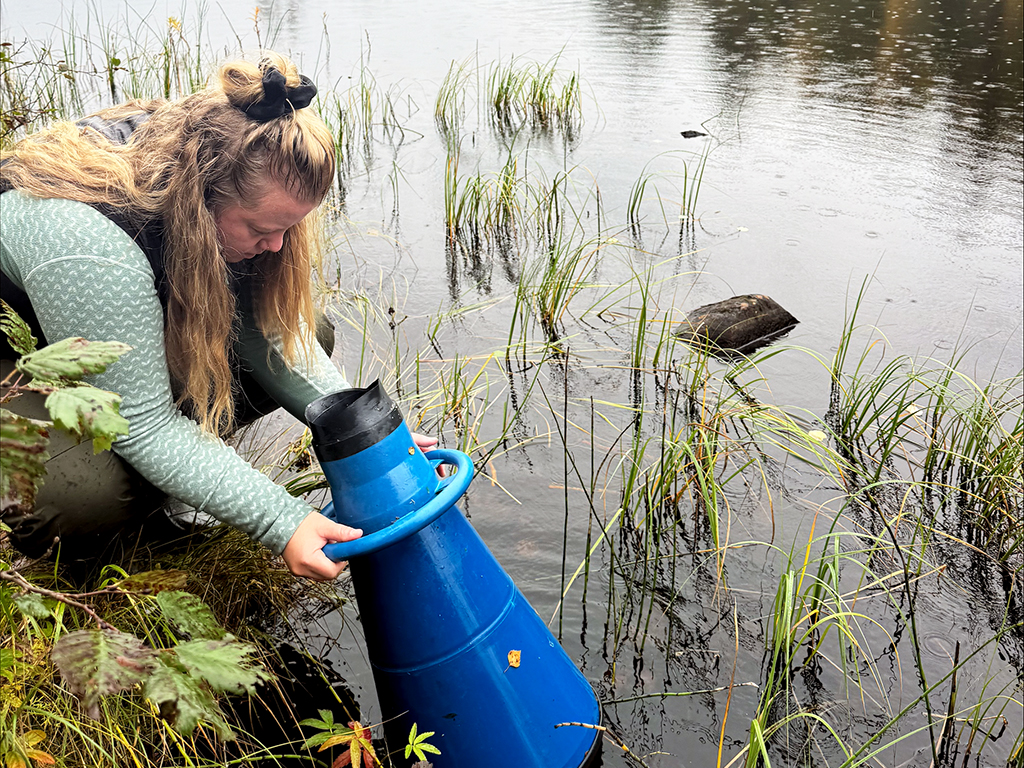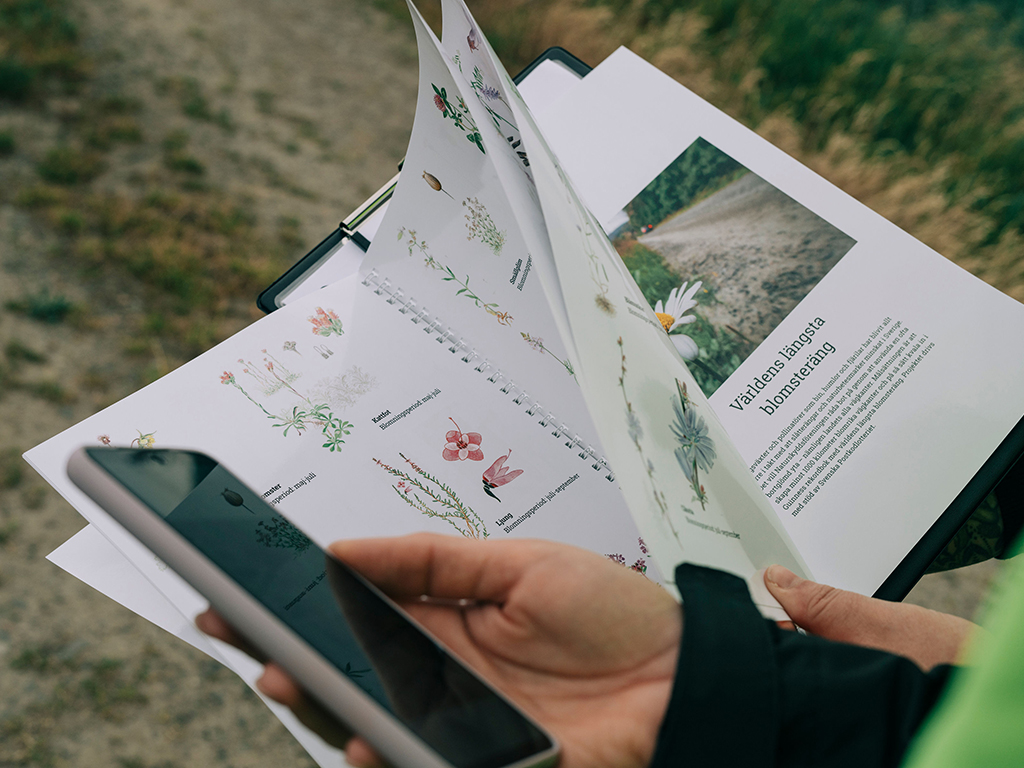Biodiversity
Since climate change is one of the main drivers of biodiversity loss, Eolus contributes significantly to reducing the negative impact on biodiversity through its role in the expansion of renewable energy. However, it is essential that we identify and proactively manage the negative effects that the development of renewable energy itself may have on wildlife, habitats, and ecosystems.
In Eolus’s sustainability strategy, we have set a goal to achieve a net positive impact on biodiversity — both on land and at sea — by 2030, within the areas where we have influence. This means that the activities carried out by Eolus should have an overall positive effect on the conservation and enhancement of biodiversity.
Net-Positive Impact on Biodiversity by 2030
Since climate change is one of the major causes of biodiversity loss, the expansion of renewable energy plays a crucial role in reducing the negative impact on biodiversity. Therefore, Eolus’ core business activities play an important role and the way we develop our projects is a significant opportunity to strengthen biodiversity. To achieve the goal of a net-positive impact on biodiversity, we need to continuously develop and systematize our approach to project development. We work systematically according to the mitigation hierarchy: avoid, minimize, restore, and compensate and continuously assess biodiversity risks. We aim to set science-based targets for biodiversity and are evaluating Science Based Targets for Nature (SBTn) as a potential method for this.

Stream Restoration in the Kråktorpet Wind Farm
In 2024, Eolus sponsored the restoration of a stream in the Kråktorpet Wind Farm, which is managed by Eolus. The purpose of the project is to support trout populations and the red-listed freshwater pearl mussel.
The project was carried out in collaboration with the Järkvissle-Västanå Fishing Conservation Association, the consultancy firm Svensk Naturvård, and with funding from the County Administrative Board of Västernorrland, with the approval of the landowner, SCA. Sigrid Carstairs, Sustainability Specialist at Eolus, participated on-site for one day.

The World’s Longest Flower Meadow
During the year, Eolus contributed to the project “The World’s Longest Flower Meadow,” run by the Swedish Society for Nature Conservation (Naturskyddsföreningen). In connection with a site visit to the Täppeshusen Wind Farm, which is managed by Eolus, employees worked together to carry out a plant survey along the road. Based on the survey, a management plan was developed to support the landowner in maintaining the land in a way that promotes biodiversity. The purpose of the activity was to explore how collaboration with landowners can help us achieve our biodiversity goals.